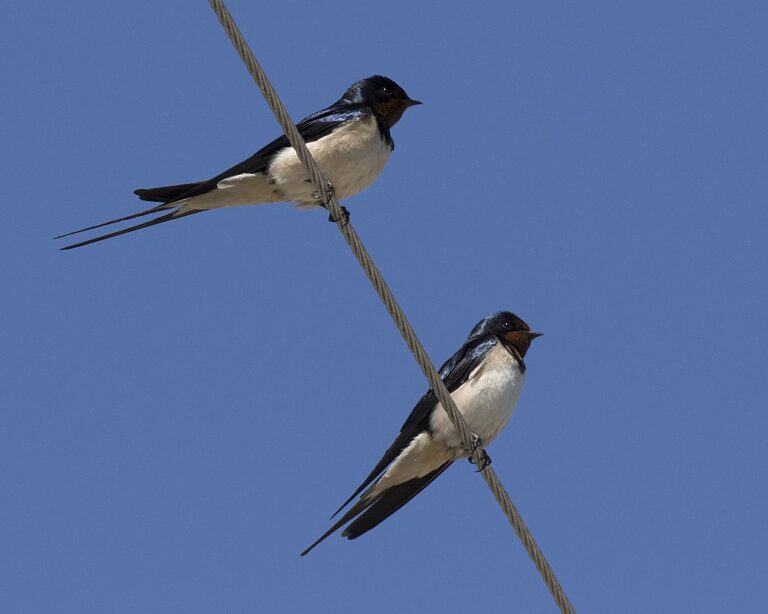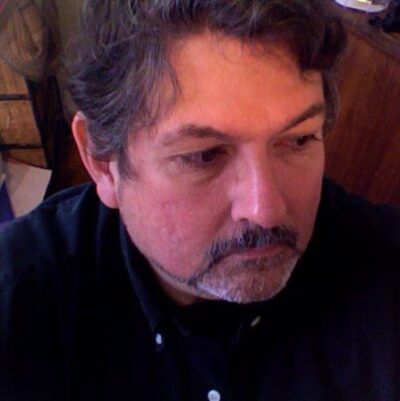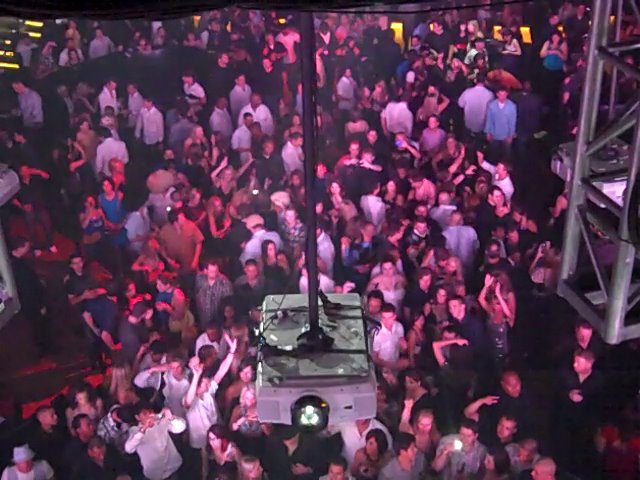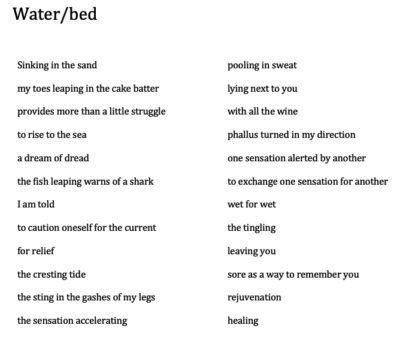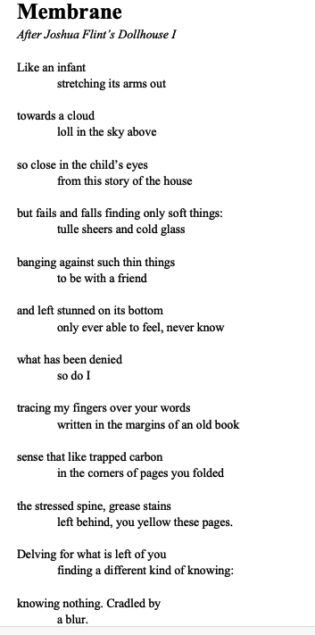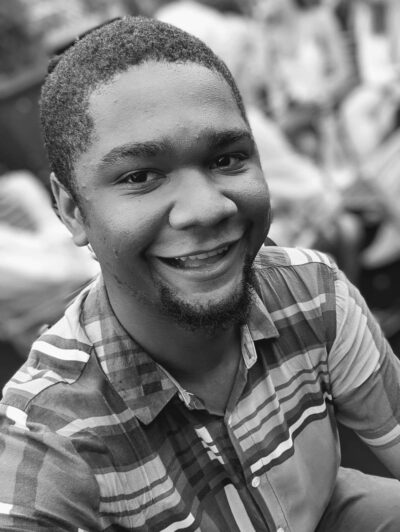When We Were Young
Each moment was thick,
pearled into droplets,
not yet thinned.
The clink of dishes. The rustle
of hymnal pages turning. Dust motes
hovering in a sunbeam. The back door opening
and opening. A shower of crabapple petals
falling. The first time I shaved my legs
and pressed a Lego to my skin.
A clutch of girls at the mall.
The scent of cinnamon buns
and perfume. We no longer remember
their maiden names. Now,
there is bric-a-brac, wainscoting,
soffits and baseboards, granite
countertops, vinyl siding.
Now, there’s an ice shelf over the eves,
A sluice of snowmelt rushing above us. I cradle
my newest child,
still in shock at her lightness
The Things We Have Survived
My love, in all our years together
how many times did the world end?
We measured the years in popes,
presidents, every apocalypse,
every unveiling, the authorities trembling,
high water, hell, all the impossible things.
We woke up in the future
And the world is stranger now,
every line defined,
the leaves rimmed with sunlight.
Today I learned “apocalypse” means “unveiling.”
Today I learned the end is not the end
Today I pulled the curtains back
and let the light in.
Grown
That last night, as you lay in bed,
re-learning every corner of your childhood
bedroom, the old dolls bent and silent,
the ceiling cracks etched like a map,
headlights flashed past your window
and a rectangle of light
skimmed your wall one last time.
The packed boxes cast looming shadows
on the blue cornflower wallpaper
as the light anointed them
like the hand of a priest
baptizing a child, or blessing soldiers
before battle. In the morning
you left home, and were born again
into real life, the throng of the city,
the crush of the highway,
The authorities scheming in the citadel,
the preachers thundering,
your newborn’s first piercing cry,
your wan reflection in the polished surface
of the boardroom conference table.
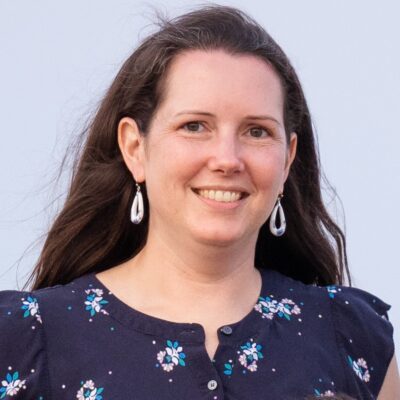
Sarah DeCorla-Souza’s poetry has appeared in Pensive, Innisfree, JMWW, Conte, and other journals. She lives in Alexandria, VA with her husband and four children, where she works as a graphic designer. She is also an Associate Editor for the literary magazine Dappled Things.
By Phil Nash from Wikimedia Commons CC BY-SA 4.0 & GFDLViews, Attribution, via Wikimedia Commons

